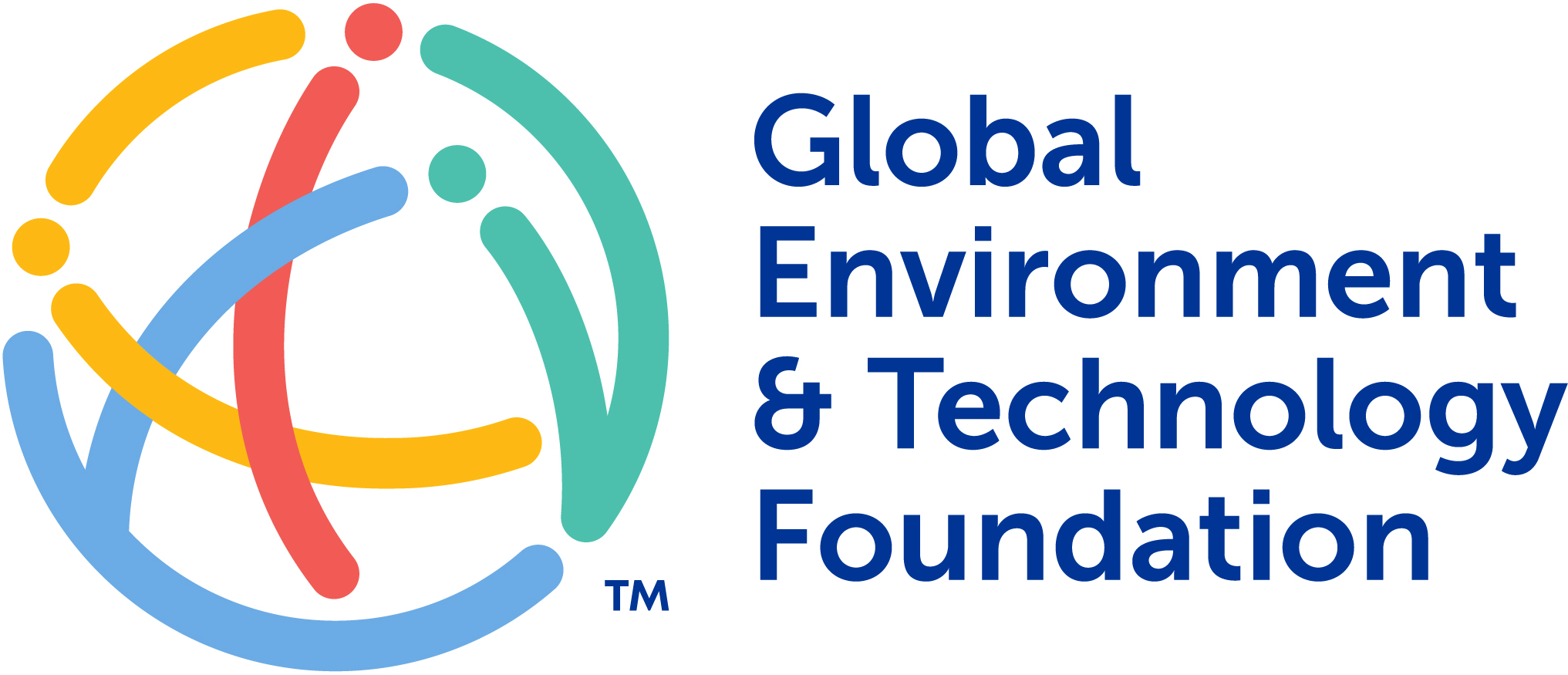Water and Security: Expert Insights, Tips and More
Water and Security: Expert Insights, Tips and More
by Greg Koch
Locking your car doors. Walking through a scanner at the airport. Examining a package before you open it. Denying strangers access to your house. These actions may come to mind when you think about security. But there are other aspects of our lives that demand a different kind of security – water, for instance.
Water security is the combination of sufficient water, its quality and accessibility to sustain a community and its ecosystem. Disparities in water security range from having a faucet within reach with clean H2O, to walking for miles to fetch water that is potentially disease-ridden, areas afflicted by the extremes of drought or flooding, and many other circumstances.
Water security is a top issue that impacts people’s livelihoods daily. As water accessibility and quality decrease, hardships such as disease, economic disparity, food production, and conflict increase. That is the inevitable fate for many communities around the globe if the status quo continues.
According to the U.S. Water Partnership, two-thirds of the globe will endure water-stressed conditions by 2025, and about one billion people will face complete water scarcity. It’s a serious problem that requires collaboration and action across sectors (government, NGOs and companies) as well as from individual water users – yes, you and me.
A few weeks ago, I joined water experts across sectors to discuss water security and opportunities for action. All agreed their expertise, passion and optimism would only help achieve global water security when matched with deliberate, coordinated financial support and strategic action.
To commemorate World Environment Day, we thought we’d share a few insights and observations from water experts. View videos of the water experts.
- Continuing the discussion beyond water experts is a must for water security to be a reality.
- Where water scarcity and insecurity is a constant, conflict quickly follows.
- Water is life-giving, but it also connects and defines cultures, facilitates religions, and impacts economic security.
- Women's success and water are linked; women and children are more prosperous when an ample, safe water supply is in their reach.
- “One finger cannot wash the whole face”; as this African proverb illustrates, each stakeholder cannot impart global water security alone – partnerships are a must.
- Water is a force multiplier – it dramatically increases communities’ vitality; when water is safe and ample, disease, conflict and poverty diminish.
A few water-saving tips:
- Limit showers to 5 minutes or less
- Turn off faucets during teeth brushing and hand washing, only using the water for rinsing
- If you need to water lawns or flowers, do it in the early morning or night time to allow the water time to be absorbed by the ground to avoid evaporation
- Only do full loads of dishes and laundry
- Consider a rain barrel or other mode of rainwater collection for non-consumption uses
- If feasible for you, make a donation to a local or global conservation NGO to help support and expand efforts underway to protect freshwater resources. World Wildlife Fund, The Nature Conservancy and Conservation International are three global NGOs doing great work around the world (they are also NGOs we partner with around the world).
- Find other water conservation tips at: http://wateruseitwisely.com/100-ways-to-conserve/.
Want to know more about what we’re doing? Check out our water stewardship efforts at: www.coca-colacompany.com/water.
Greg Koch is senior director of Global Water Stewardship at The Coca-ColaCompany

